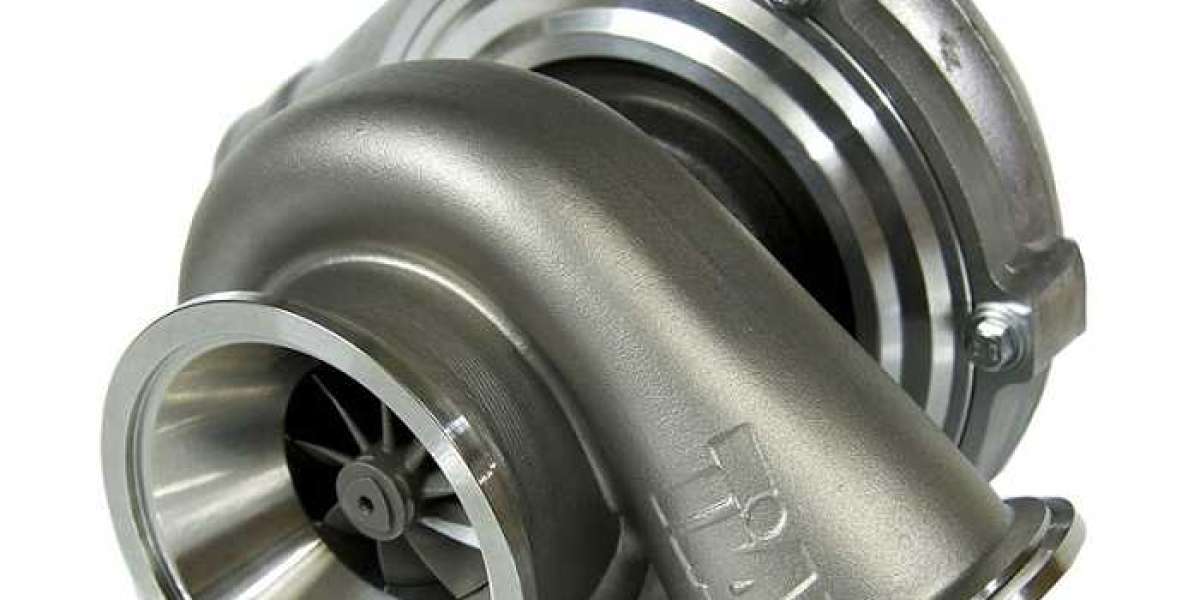Security camera systems play a crucial role in safeguarding our homes, businesses, and public spaces. They provide a sense of security and help deter criminal activities. However, simply installing security cameras is not enough to ensure optimal performance and effectiveness. To truly enhance security camera systems, it is essential to have a comprehensive data plan in place.

The Role of Data in Security Camera Systems
Data is the lifeblood of security camera systems. It is the information captured by the cameras that enables us to monitor and analyze activities in real-time or retrospectively. Without a comprehensive data plan, this valuable information may go to waste or be underutilized.
A comprehensive data plan encompasses various aspects, including data storage, data management, and data analysis. It ensures that the right data is captured, stored securely, and easily accessible when needed. Let's explore the importance of each of these components in enhancing security camera systems.
Data Storage: Ensuring Accessibility and Reliability
One of the primary challenges in managing security camera systems is the sheer volume of data generated. High-resolution cameras can produce terabytes of data in a short period. Without a proper data storage plan, this influx of data can quickly overwhelm the system and lead to performance issues.
A comprehensive data storage plan involves selecting the right storage solution that can handle the volume and speed of data generated by the cameras. It should also consider factors such as redundancy, scalability, and data retention policies. By ensuring accessibility and reliability of stored data, the system can effectively serve its purpose.
Data Management: Organizing and Securing Information
Managing the vast amount of data generated by security camera systems requires effective data management strategies. This includes organizing the data in a structured manner, implementing access controls, and ensuring data integrity and confidentiality.
A comprehensive data management plan involves categorizing the data based on its importance and sensitivity. For example, footage from high-security areas may require stricter access controls compared to public spaces. By implementing appropriate data management practices, the system can prevent unauthorized access, minimize the risk of data breaches, and comply with privacy regulations.
Data Analysis: Extracting Insights for Enhanced Security
While security camera systems provide real-time monitoring, the true value lies in the insights that can be derived from the captured data. Data analysis techniques, such as video analytics and machine learning, can help identify patterns, detect anomalies, and generate actionable intelligence.
A comprehensive data plan should include provisions for data analysis, enabling security personnel to make informed decisions based on the insights gained. For example, video analytics can automatically detect suspicious behavior or objects, alerting security personnel in real-time. By leveraging data analysis, security camera systems can proactively enhance security measures and respond effectively to potential threats.
The Importance of a Comprehensive Data Plan for Enhancing Security Camera Systems
In conclusion, a comprehensive data plan is vital for enhancing the performance and effectiveness of security camera systems. It ensures that data is captured, stored, managed, and analyzed in a way that maximizes its value. By having a well-thought-out data plan, security camera systems can provide a higher level of security, deter criminal activities, and enable proactive threat detection.
Remember, the importance of a comprehensive data plan for enhancing security camera systems cannot be overstated. It is the foundation upon which a robust and efficient security infrastructure is built.








